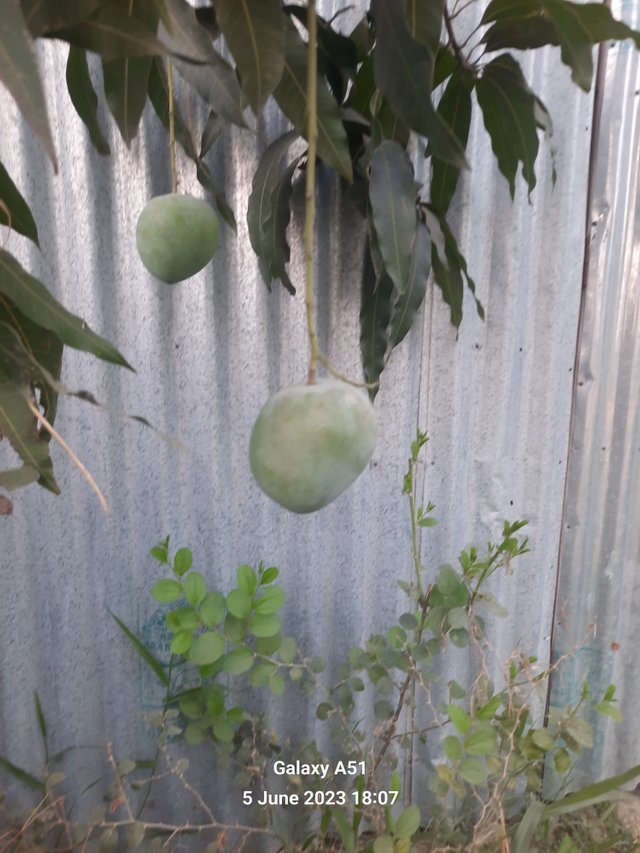Even if haram food is tasty it should be avoided and halal food should be enjoyed if it is alu bharta dal.

Bismillahir Rahmanir Rahim.
Assalamu Alaikum Wa Rahmatullahi Wa Barakatuhu.
Dear friends, I hope you are all well, I am also very well and healthy by the grace of Allah. But there are some physical problems which hopefully will get better in next two months inshallah. All of you will pray
Even if haram food is tasty it should be avoided and halal food should be enjoyed if it is alu bharta dal.



Introduction -
In Islamic dietary laws, the distinction between halal (permissible) and haram (forbidden) foods holds great significance. While taste is an essential factor when selecting our meals, it is crucial to prioritize the observance of halal principles. This essay explores the importance of avoiding haram food and embracing halal alternatives, using the delicious and popular dish of Alu Bharta Dal as an example.
Understanding Halal and Haram Foods -
Halal refers to any food, drink, or consumption that adheres to Islamic dietary guidelines. It must be prepared, processed, and sourced in accordance with specific Islamic principles, such as the avoidance of pork, alcohol, and certain types of meat. Haram, on the other hand, refers to anything that is strictly forbidden by Islamic law.



Spiritual Significance +
The consumption of halal food is not merely a matter of personal preference; it holds spiritual significance for Muslims. By choosing halal, individuals demonstrate their obedience to Allah and their commitment to following His commands. This conscious decision strengthens one's connection with their faith and reinforces a sense of moral responsibility.
Health and Well-being-
Islamic dietary laws emphasize the importance of maintaining good health. Halal food is not only spiritually pure but also hygienically prepared. It undergoes strict regulations and quality control, ensuring that it is free from harmful substances. By consuming halal food, individuals safeguard their physical well-being and promote a balanced lifestyle.


Ethical Considerations -
Halal food ensures that animals are treated with respect and compassion during their rearing, transportation, and slaughter. Islamic principles require animals to be slaughtered in a humane manner, minimizing their suffering. Choosing halal food reflects an ethical mindset, promoting kindness towards animals and fostering a harmonious relationship with the environment.



Cultural Identity and Unity-
The consumption of halal food is not limited to religious obligations; it is also an essential aspect of cultural identity for many Muslims. It reinforces a sense of unity within the community and provides an opportunity for individuals to connect with their heritage. By prioritizing halal food, individuals celebrate their culture and strengthen communal bonds.
The Deliciousness of Alu Bharta Dal-
Alu Bharta Dal, a delightful dish originating from the Indian subcontinent, perfectly exemplifies the enjoyment that can be derived from halal food. This flavorful combination of mashed potatoes and lentils, seasoned with aromatic spices, offers a tantalizing culinary experience. It showcases how halal food can be both delicious and spiritually fulfilling.
While the taste of haram food may be tempting, it is important to prioritize the consumption of halal food for its spiritual significance, health benefits, ethical considerations, and cultural unity. The delectable example of Alu Bharta Dal illustrates that halal food can be both enjoyable and satisfying. By making conscious choices, individuals can embrace the blessings of halal food and cultivate a harmonious lifestyle in line with Islamic principles.